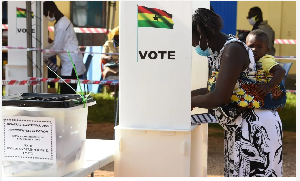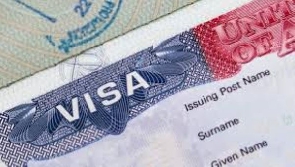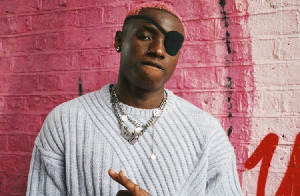The Minister for Chieftaincy and Religious Affairs, Stephen Asamoah Boateng, has cautioned against the deployment of the military during elections.
According to him, the military is trained to shoot and kill and hence has no tolerance for listening and mediating for peace.
He emphasized that the military should only be deployed when the police are overwhelmed and require additional support.
The minister stated, "In an election and civil society, it is the Ghana Police Service that we work with. The military doesn't come in unless it is beyond the Ghana Police Service. The military, as we all know, are trained to shoot and kill, and involving them in election security may turn into something unpleasant."
Stephen Asamoah Boateng expressed concerns about the potential consequences of military involvement, explaining that the police, who live within the community, are trained to mediate and work with community leaders to find solutions. This community-based approach is essential for maintaining peace during elections.
The military has been blamed for the loss of eight lives, including three minors, during the 2020 presidential and parliamentary elections in various parts of the country, including Tamale, Techiman, Odorkor, Ablekuma, and Savelugu. The investigations into these incidents have been sluggish, with perpetrators remaining unpunished.
John Dramani Mahama, the NDC’s flagbearer, in a recent statement commemorating thirty-one years of Ghana’s Fourth Republic, condemned the alleged use of "thugs and rogue elements within the security agencies" to disrupt elections, referencing the tragic events of the 2020 elections.
He criticized President Nana Akufo-Addo for not expressing sympathy to the bereaved families and promised to seek justice for the victims.
Civil society organizations and security analysts have also warned against the reckless deployment of the military during elections.
The minister made these remarks during the launch of the National Peace Council’s peace crusade tour in Koforidua, Eastern Region, aimed at engaging various stakeholders to ensure a peaceful electoral process before, during, and after the 2024 general elections.
Ogyeahohor Yaw Gyebi, President of the National House of Chiefs, highlighted Ghana’s ranking of 55 out of 163 countries worldwide and 4th in Africa on the Global Peace Index.
He attributed this achievement to the efforts of chiefs, clergy, media, and other stakeholders. He called for transparency from the Electoral Commission to ensure the acceptance of election results by all.
George Amo, Executive Secretary of the National Peace Council, detailed several initiatives to support ensuring a peaceful election, including the establishment of a political parties trust-building platform. This platform facilitated the National Democratic Congress’s return to the Inter-Party Advisory Committee (IPAC). Upcoming events include a forum to launch a team to monitor election-related conduct, alongside existing efforts to monitor media space with the Media Foundation for West Africa.
He said, "Next week, the council will launch a new code of conduct for political parties and has also set up a National Election Response group."
This group will coordinate with regional teams, dividing the country into five zones. The Eastern Region will join hands with the Volta and Oti Regions to address early warning signs of election-related issues, ensuring timely responses.
Click to view details



General News of Tuesday, 2 July 2024
Source: starrfm.com.gh

















